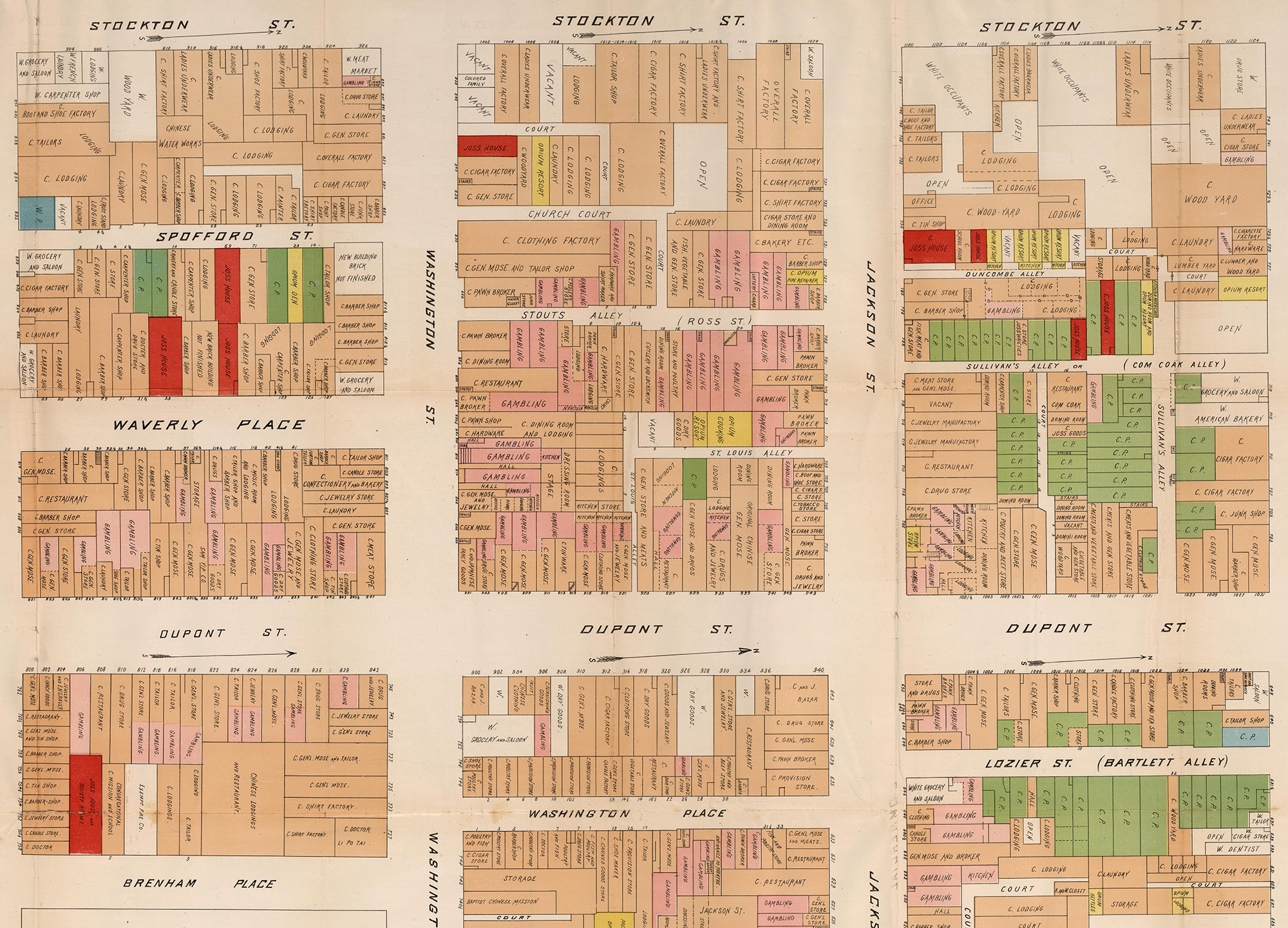Subject
Sick Architecture is a collaboration between Beatriz Colomina, e-flux Architecture, CIVA Brussels, and the Princeton University Ph.D. Program in the History and Theory of Architecture, with the support of the Rapid Response David A. Gardner ’69 Magic Grant from the Humanities Council and the Program in Media and Modernity at Princeton University.
- Emily Apter Live Free or Die? Psychopolitical Infrastructures of Denialism
- Ibiayi Briggs Body Culture and Contrology
- Patrick Jaojoco Autistic Spatiality and the Limits of Care
- Gideon Boie Models of Inclusion
- Holly Bushman Regel-ated Bodies
- Chenchen Yan The Birth of the Modern Sanatorium in China
- Meredith TenHoor Care Beyond Biopolitics
- Dante Furioso Sanitary Imperialism
- Maxwell Smith-Holmes Toxic Workplaces, Nuclear Homes, and Irradiated Landscapes
- Nicholas Shapiro Manufactured Home Syndrome
- Angelika Joseph Alcohol After the Apocalypse
- Jeremy Lee Wolin “The Finest Immigration Station in the World”
- Brooke Holmes On the Nature of Plato’s Embodied City
- Alexandra Sastrawati Depressed Worlds
- Iason Stathatos Hunger Architecture
- Edna Bonhomme Contagion on the Plantation
- Clemens Finkelstein Planetary Disequilibrium
- Marie de Testa Hysteria as Scenography
- David Gissen Disabling Form
- Angela H. Brown The Immunocompromised Home
- Xhulio Binjaku Vitamin D Architecture
- Fabiola López-Durán Fantasies of Whiteness
- Beatriz Colomina Diary of a Disease
- Gizem Sivri Desert Fever: Harvesting the Sun, Colonizing the Land
- Iván López Munuera Lands of Contagion
- Elizabeth A. Povinelli The Virus: Figure and Infrastructure
- Kara Plaxa Boys will be Boys
- Victoria Bergbauer Prosthetic Village
- Shivani Shedde Housing the Poor for a Healthy Planet and Healthy Nation
- Rebecca Kellawan Normalizing Prejudice: Gold Rush Healthcare and the Rise of Modern Hospitals in San Francisco
- Carrie Bly Mediums of Medicine: The Institute for Maritime and Tropical Diseases in Hamburg
- Guillermo Sánchez Arsuaga Ellis Island: Architecture at the Service of Biopower
- An Tairan Touching, Disease, and the Sacred Artifact
- Mark Wigley Chronic Whiteness
- Nikolaus Hirsch, Beatriz Colomina and Nick Axel Editorial



































